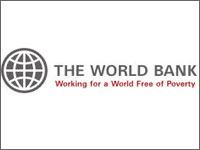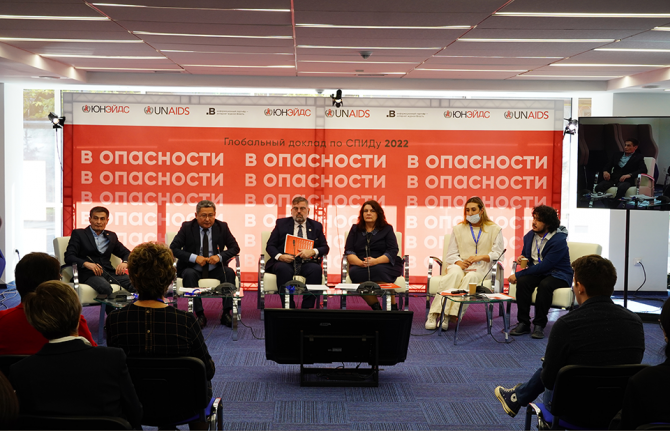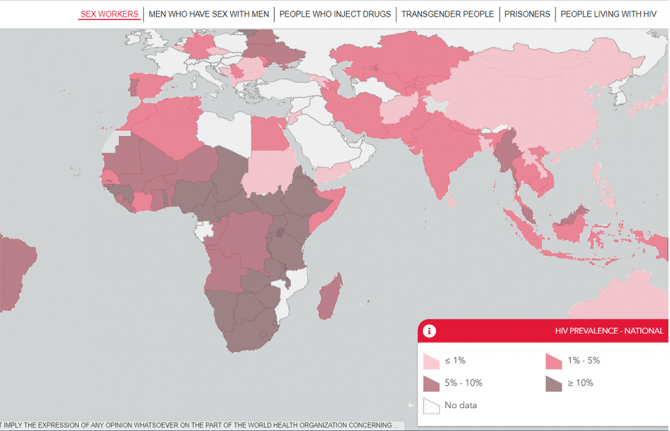
Feature Story
World Bank opens free access to development data
06 мая 2010
06 мая 2010 06 мая 2010 The World Bank has made its extensive store of developmental data available to all free of charge.
The World Bank has made its extensive store of developmental data available to all free of charge.In an unprecedented move, the World Bank has made its extensive store of developmental data available to all free of charge. From now on more than two thousand health, economic, human development, financial and business statistics will be accessible via a new website, data.worldbank.org. In the past such information has generally only been available to paying subscribers.
The decision is part of the World Bank’s broader effort to increase access to information and it hopes that a varied range of users, from researchers to journalists and from entrepreneurs to school children will draw on this new resource, available in Arabic, English, French and Spanish.
The Bank hopes to reach new audiences and foster a greater commitment to development issues. In order to distribute its information as widely as possible, it has also partnered with Google to make nearly 40 development indicators more accessible via the search engine.
“It’s important to make the data and knowledge of the World Bank available to everyone," said World Bank President Robert B. Zoellick. "Statistics tell the story of people in developing and emerging countries and can play an important part in helping to overcome poverty.”
The Bank is keen to see this initiative stimulate discussion, increase demand for data and lead to more evidence-based policymaking in areas such as poverty alleviation and achieving the millennium development goals. It can also provide an avenue for encouraging more individuals to turn their attention toward development.
According to Aleem Walji, manager of the World Bank Institute's new Innovation Practice, "Free and open access to data will empower citizens to get more directly involved in the development process."
Designed to be simple to navigate, user friendly and interactive, the website holds data from more than 200 countries and those visiting will be able to download entire datasets for any given country. The information comes from a variety of sources including the Bank’s 186 member states, partners in both the public and private sectors and more than 30 international agencies. The site uses data from a number of fellow United Nations organisations and the extensive health section, for example, draws on information from UNAIDS, the United Nations Population Division, the World Health Organization and the United Nations Children's Fund, among other sources.
The agency’s new open data policy has been welcomed by researchers and development professionals. Sabina Alkire, director of the Oxford Poverty and Human Development Initiative, said she hoped that the move will mean more frequently updated poverty data and increased innovation.
"The more that people can have access to the data, the more they can really interact with it, think about it, digest it, and experiment with it. That has very good independent value, because in effect by doing so you’re releasing the creativity of many minds, to be able to create and innovate, experiment with the data, and see if they can come up with a more interesting analysis."
World Bank opens free access to development data
Related
 Eastern Europe and Central Asia may face an accelerated increase in new HIV infections and AIDS-related deaths because of the humanitarian crisis gripping the entire region
Eastern Europe and Central Asia may face an accelerated increase in new HIV infections and AIDS-related deaths because of the humanitarian crisis gripping the entire region

28 октября 2022 года.
 Many key populations avoid health services
Many key populations avoid health services

21 февраля 2022 года.
 New indicators added to Key Populations Atlas
New indicators added to Key Populations Atlas

06 января 2022 года.
